When Dad Turned 36
The German American Bund rally at Madison Square Garden, February 20, 1939. Photo by Larry Froeber / New York Daily News
On February 20, 1939, New York City’s Madison Square Garden wasn’t filled with hockey fans or boxing enthusiasts but with members of the German-American Bund – more than 20 thousand of them who gathered to support the Nazi cause. The rally’s headliner was German-born Fritz Kuhn who had become a naturalized U.S. citizen in 1934. His two-fold message parroted Hitler’s: we must wrest control of the media from the Jews and return to a racially pure America, consistent with its founders. It was billed as a “Pro-American” rally, complete with the recitation of the Pledge of Allegiance and a gigantic banner of George Washington, whom they proudly called “America’s first fascist.” The image of our first president was surrounded by uniforms and signs bearing swastikas. When I first saw that photo, it took my breath away.
The rally’s leaders pointed to the colonists as exemplars of the militant, gentile white man, “civilizing” and “taming” our country’s “savage” inhabitants. Clearly, in their Nazified world view, this was no place for indigenous inhabitants, Jews, or people of color. Historian Heather Cox Richardson, author of How the South Won the Civil War: Oligarchy, Democracy, and the Continuing Fight for the Soul of America, would not disagree with the premise that this nation was founded on the principle of white supremacy. And yet it remains startling to hear such words spoken – knowing that so much of our fractious world seems to be running in parallel to the 1930s and 1940s.
This photo of my father was taken the following year in Amsterdam when he first filed papers to emigrate from Belgium to the United States.
Safely in neutral Belgium, my Jewish father celebrated his 36th birthday while Nazi sympathizers railed against the Jews more than 3600 miles away. To this day, I wonder if he would have been shocked by such sentiments infiltrating the land across the Atlantic – the place he hoped would one day offer refuge. He had already been disappointed by world leaders who met to discuss the plight of Jewish refugees at the Evian Conference in July 1938. Their inaction was telegraphed by American President Franklin Roosevelt who didn’t bother to attend the conference he organized. But it was the their indifference that was so disturbing. It’s not surprising that American fascists would have felt permission to spew their hatred so openly, despite the fact that New York City was already home to more than 1.7 million Jews.
“As we have no real racial problem, we are not desirous of importing one. ”
Events like these permeated my parents’ lives as they tried to stay one step ahead of the Nazi machine. My book, In the Wake of Madness: My Family’s Escape from the Nazis, is centered around my mother, but it is my father who, in large measure, was responsible for their safe arrival in this complicated land in which we live. Saly Levi, who renamed himself Robert Lennett, has been gone from this earth for more than four decades now, but I still miss our lively political discussions. Lord knows I could use his nuanced, international perspective at this time in history.
Follow this link to get your copy of IN THE WAKE OF MADNESS: MY FAMILY’S ESCAPE FROM THE NAZIS on Amazon or order at your favorite bookseller.




